Friday, May 31: The Warm Welcome
- Location: UPJ "LLC" Living Learning Center
- Time: 7pm - 10pm
- Details: BYOB and kick off the weekend with an informal meet-and-greet. Reconnect with old friends and make new ones in the place where it all started. Room check-in begins at 4pm.
Saturday, June 1: The Heart of the Celebration
- Mimosa Brunch
- Time: 11am - 1pm
- Details: Whether you're rolling out of bed or jetting in just in time, join us for a scrumptious brunch featuring everything from Texas French Toast to Spanish Frittatas, and of course, mimosas!
- Campus Tour
- Time: 1pm - 5pm
- Details: Post-brunch, embark on a nostalgic campus tour. Visit the Pasquerilla Performing Arts Center, the Murtha Center, the Nursing School, and take a selfie with the Panther Statue. Peek into the past and present Greek houses. A small $5 fee ensures we have enough guides for everyone.
- All Greek Reunion Cookout
- Time: 6pm - 11pm
- Details: As the sun sets, gather at the newly minted University Square for an epic cookout. Indulge in BBQ chicken, burgers, hot dogs, and more for $40 per person. Cash bar available for drinks.
Lodging: Sleep in Style
- Living/Learning Center: $75/night. Experience comfort in the largest residence facility with amenities galore.
- Willow Hall: $130 - $150/night. Opt for apartment-style living close to the evening's festivities.
Dust off your Greek letters, round up your chapter, and prepare for a weekend that's set to be one for the history books. See you at UPJ, where the past and present unite in celebration!


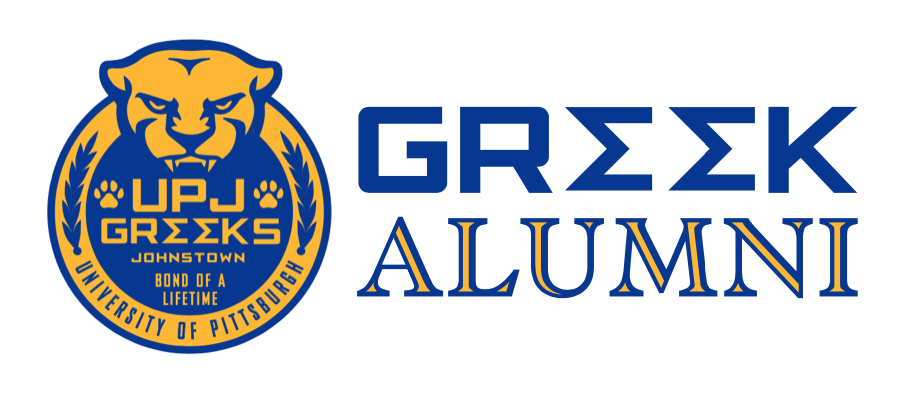
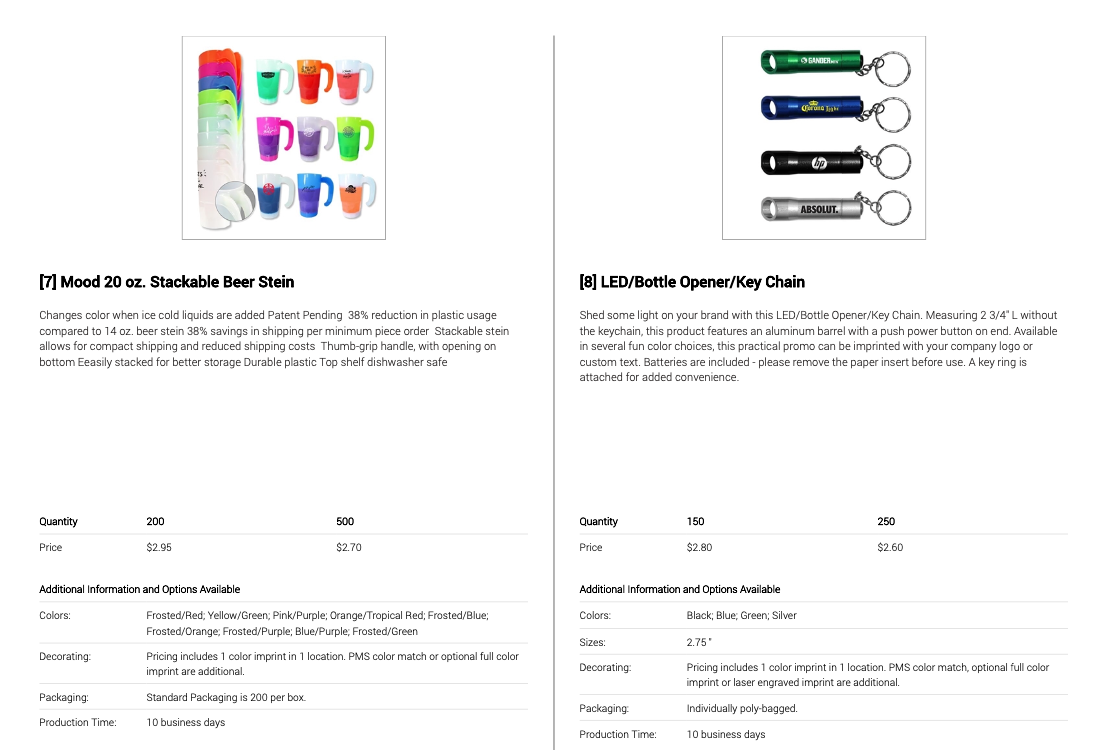

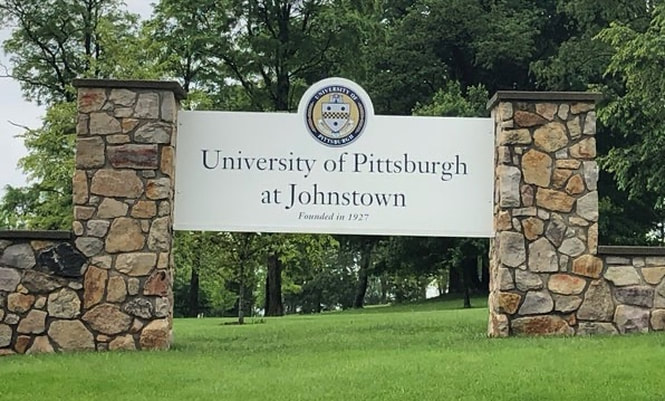
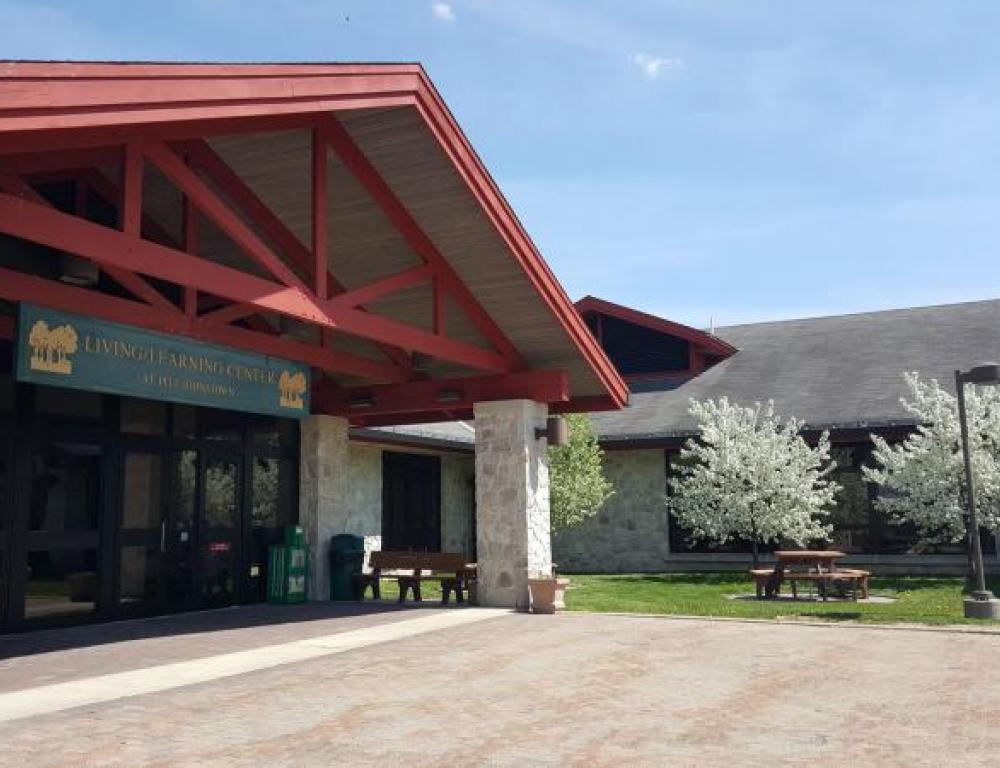

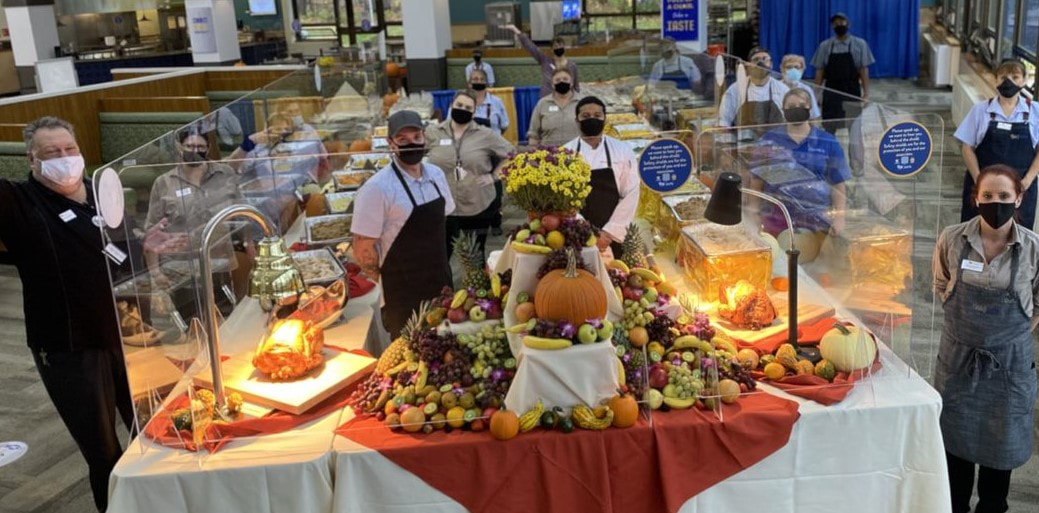
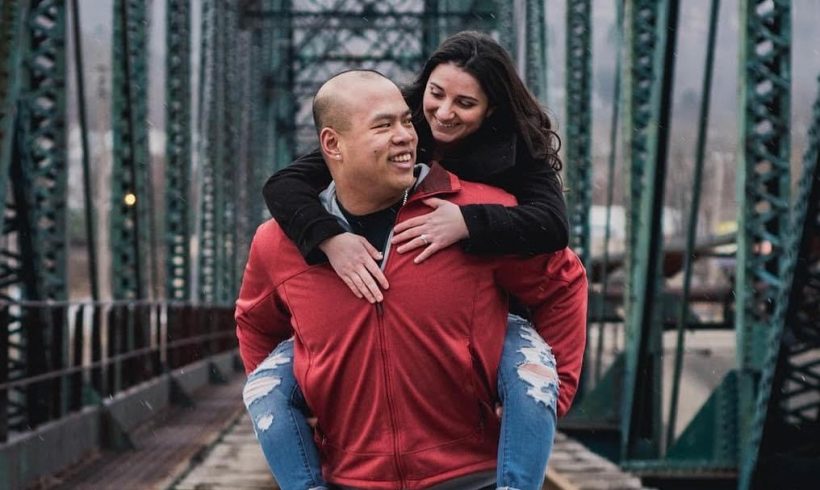
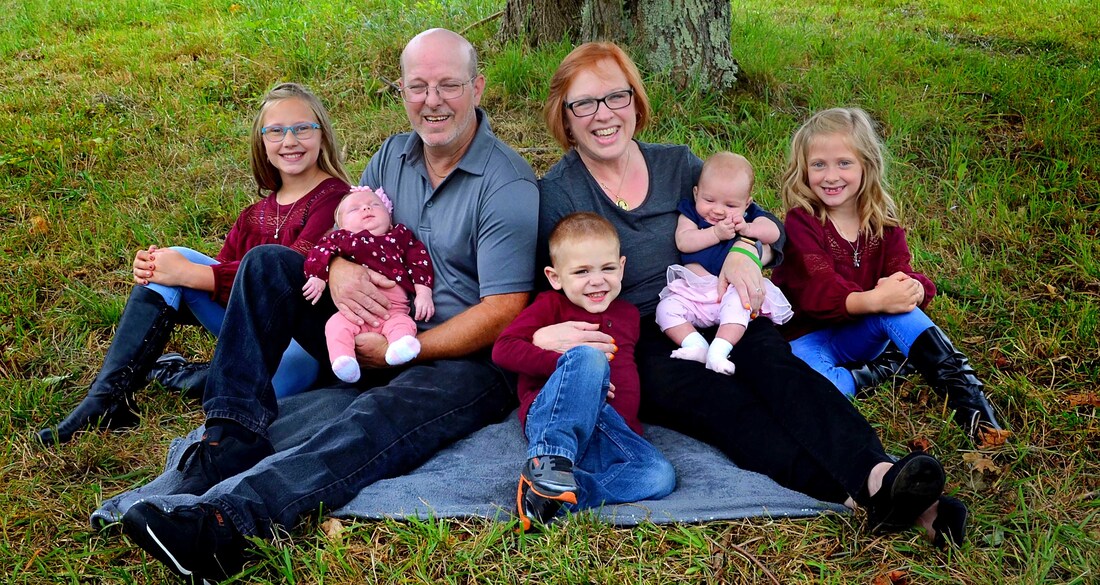
 RSS Feed
RSS Feed
